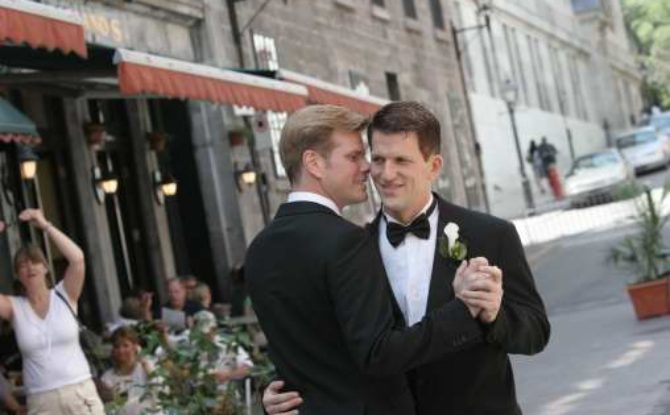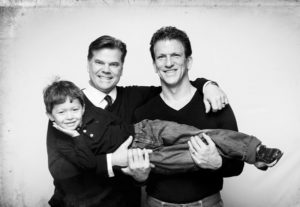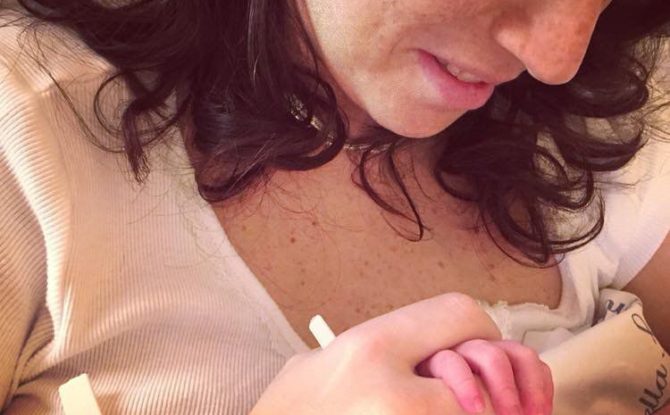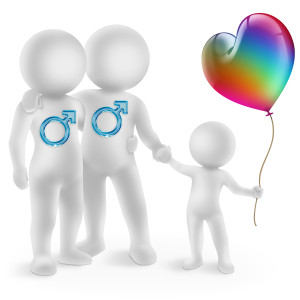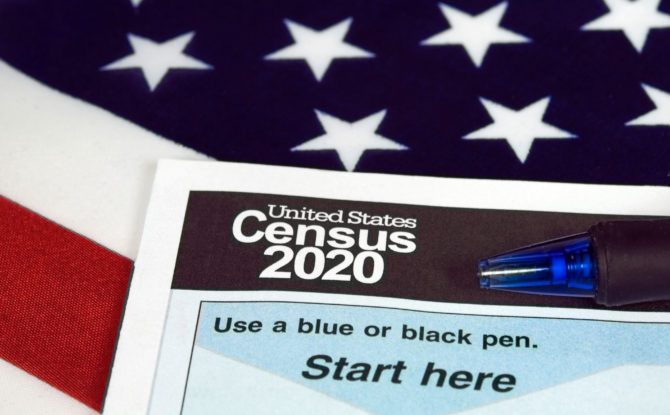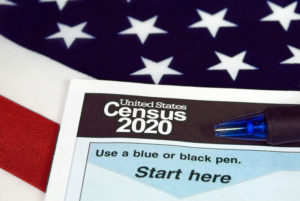L.G.B.T. people experience a range of social, economic and medical disparities that jeopardize their long-term health.
I’ve never been sure what to expect when meeting someone who’s just tried to take his own life. But I’ve learned to stop expecting anything.
Sometimes, the person in front of me barely speaks, staring right through me, lost in a deep catatonic depression. Sometimes he or she can’t stop talking, breathlessly describing what happened as if we’re gossiping at brunch after an hour of SoulCycle.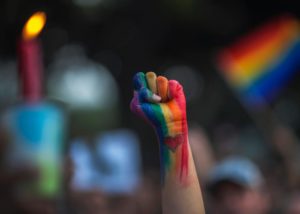
Yesterday, my patient, a 20-something graduate student, swallowed a jumble of unmarked pills, hoping to die, after his father told him never to come home again. Today, he greeted me with a soft smile, his delirium starting to clear, his heart beating normally again.
“Whoops,” he said.
He’d been a happy kid who aimed to please. He once felt so bad for lying about having done his homework before playing video games, he told me, that he’d grounded himself. Sociable but square, he didn’t drink until he was 21, even though he’d gone to a college with a reputation for partying. Deeply religious, he was gay but desperately wanted not to be.
Now his father’s disavowal pushed him over the edge, capping a string of stigmatizing experiences at home, at school and at church. He’d had enough.
For decades, we’ve known that lesbian, gay, bisexual and transgender individuals experience a range of social, economic and health disparities — often the result of a culture and of laws and policies that treat them as lesser human beings. They’re more likely to struggle with poverty and social isolation. They have a higher risk of mental health problems, substance use and smoking. Sexual minorities live, on average, shorter lives than heterosexuals, and L.G.B.T. youth are three times as likely to contemplate suicide, and nearly five times as likely to attempt suicide.
Some of these disparities have interpersonal roots: social exclusion, harassment, internalized homophobia. But often they stem from an explicit denial of rights: same-sex marriage bans, employment discrimination, denial of federal benefits. Discrimination in any form can have serious health consequences: Sexual minorities living in communities with high levels of prejudice die more than a decade earlier than those in less prejudiced communities.
But civil rights advances and growing public acceptance of L.G.B.T. individuals in recent years are among the more transformative social changes in modern American history. And evidence increasingly suggests this shift has measurably improved health care access and health outcomes for L.G.B.T. populations.
The halting, patchwork nature of L.G.B.T. rights expansions across the country has allowed researchers to study the effects on health and well-being by comparing states that expanded rights to those that failed to introduce protections, or actively curtailed them. Since Vermont became the first state to formally recognize same-sex partnerships in 2000, many other states either legalized same-sex marriage, or conversely, passed constitutional amendments banning it — until the landmark 2015 Supreme Court decision in Obergefell v. Hodges required all 50 states to recognize same-sex marriage.
By Dhruv Khullar, M.D., NYTimes.com, October 9, 2018
Click here to read the entire article.

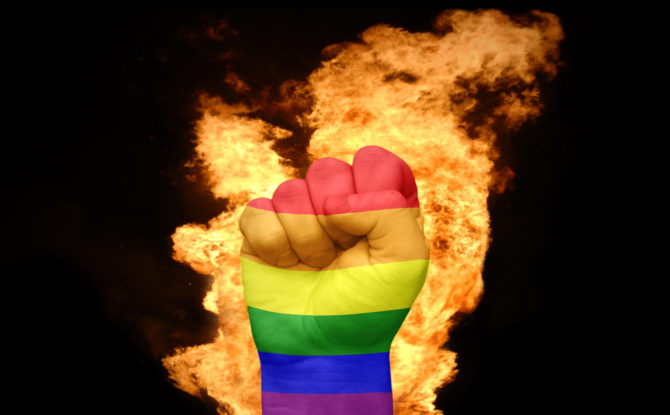
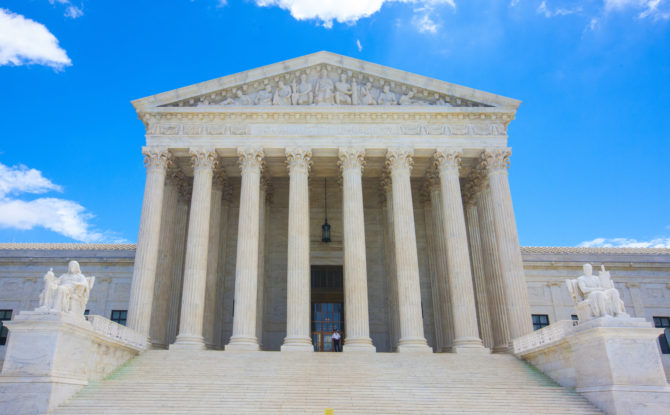
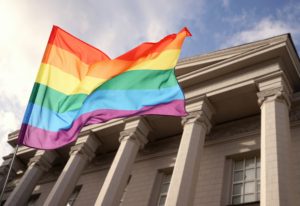
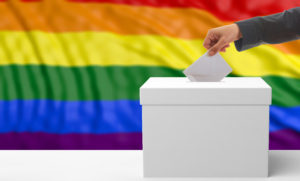 If democrats win just one chamber of the legislature in November’s midterm elections, we will finally see a much needed check on the unfettered power of the current executive. We may finally be able to investigate the long laundry list of outright violations of the law perpetrated by our President, his cabinet and our new Supreme Court Justice. But none of this happens if we do not activate and stay engaged. None of this will happen if we fail to reach out to others in a demonstration of true democratic partnership. As a community, we must consolidate our political power with immigrants, women, African Americans, health care advocates, sensible gun regulation proponents. In short, we must vote!
If democrats win just one chamber of the legislature in November’s midterm elections, we will finally see a much needed check on the unfettered power of the current executive. We may finally be able to investigate the long laundry list of outright violations of the law perpetrated by our President, his cabinet and our new Supreme Court Justice. But none of this happens if we do not activate and stay engaged. None of this will happen if we fail to reach out to others in a demonstration of true democratic partnership. As a community, we must consolidate our political power with immigrants, women, African Americans, health care advocates, sensible gun regulation proponents. In short, we must vote!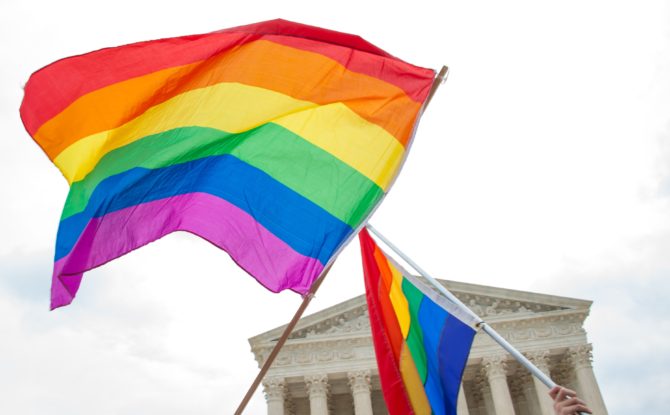
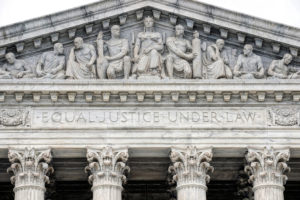
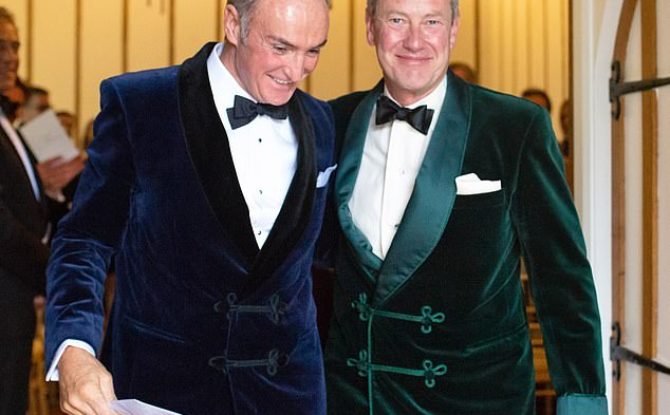
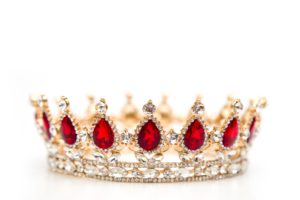
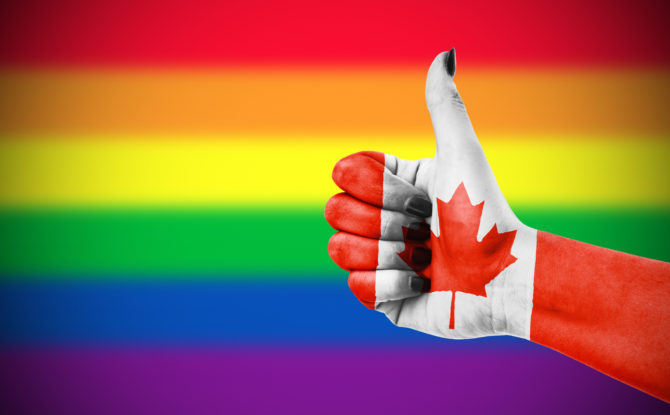

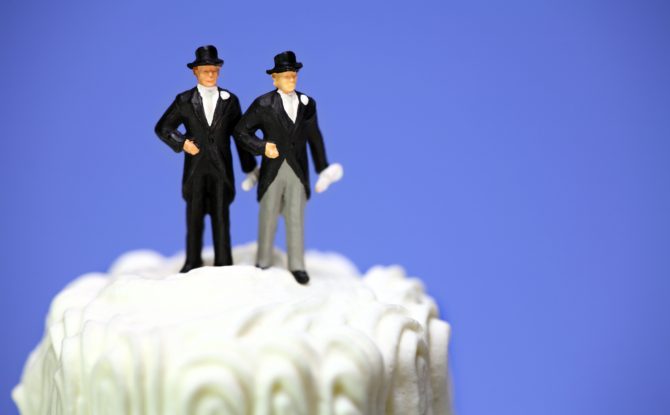
 Don’t get me wrong, I have great respect for most religious belief. My family holds hands and says what we are thankful for before every meal. We acknowledge the need for divine intervention with friends and family who are dealing with health issues. We have ingrained just such a respect in our son to be tolerant of others, even those who would mock and deride our family just because it has two dads.
Don’t get me wrong, I have great respect for most religious belief. My family holds hands and says what we are thankful for before every meal. We acknowledge the need for divine intervention with friends and family who are dealing with health issues. We have ingrained just such a respect in our son to be tolerant of others, even those who would mock and deride our family just because it has two dads. Justice Kennedy held that, “When the Colorado Civil Rights Commission considered the case, it did not do so with the religious neutrality that the Constitution requires. In other words, because of the Commission’s original treatment of the baker’s claim, no matter whether the result of their analysis was correct, the process was tainted from the start and therefore the holdings of all subsequent courts agreeing that the baker violated the rights of the petitioning gay couple, who, as Justice Ginsburg stated in her dissent, “simply requested a wedding cake: They mentioned no message or anything else distinguishing the cake they wanted to buy from any other wedding cake Phillips (the Respondent) would have sold.” But because the process was tainted with anti-religious bias, the underlying discrimination was no longer relevant.
Justice Kennedy held that, “When the Colorado Civil Rights Commission considered the case, it did not do so with the religious neutrality that the Constitution requires. In other words, because of the Commission’s original treatment of the baker’s claim, no matter whether the result of their analysis was correct, the process was tainted from the start and therefore the holdings of all subsequent courts agreeing that the baker violated the rights of the petitioning gay couple, who, as Justice Ginsburg stated in her dissent, “simply requested a wedding cake: They mentioned no message or anything else distinguishing the cake they wanted to buy from any other wedding cake Phillips (the Respondent) would have sold.” But because the process was tainted with anti-religious bias, the underlying discrimination was no longer relevant. 